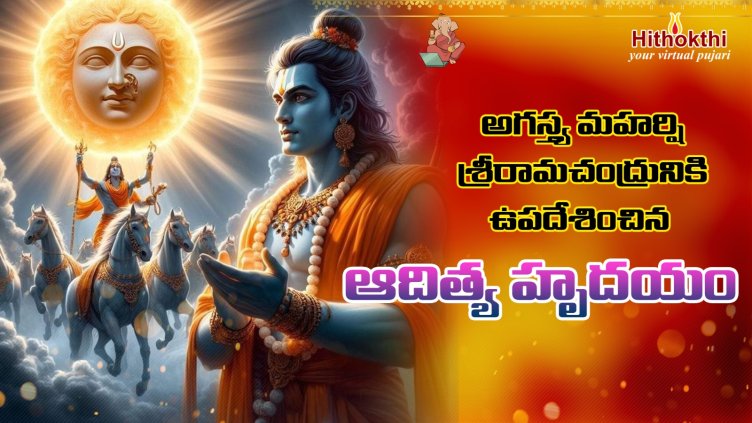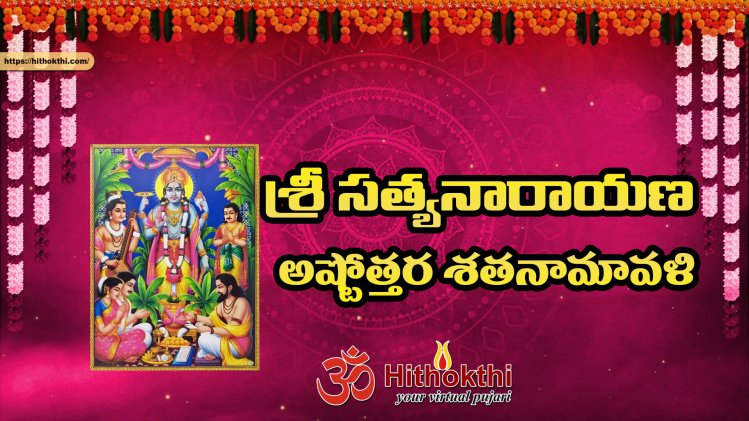Valentines Day lacks spiritual intent

Introduction
February 11, 2014:
Valentine’s Day is celebrated in many countries on a large scale. However, the history of the origin of Valentine’s Day is shrouded with mystery. The Catholic Church recognises at least three Saints named Valentine. According to one opinion, this day is celebrated to commemorate the anniversary of St. Valentine; others opine that to Christianise an ancient festival, Lupercalia, the Christian Church may have introduced ‘St. Valentine’s Feast Day’ in mid-February. In the fifth century, Pope Gelasius announced 14 February as ‘St. Valentine’s Day’. However, the association of “love” with this day happened after quite some time. During the middle ages it was believed in England and France that 14 February was the beginning of the mating season for birds. This may be how this day got associated with love.
In this article, we will explain whether celebrating Valentine’s Day benefits us spiritually, and whether this day is in accordance with Hinduism.
How is Valentine’s Day celebrated?
Valentines Day is considered more as a commercial holiday rather than a cultural or religious day. According to a survey, the total spending on Valentines Day exceeds $ 18 billion in US alone and around £1 billion in Britain. People buy flowers, chocolates, cakes, greeting cards, etc. for their loved ones, almost 30-40% of the population spends money on eating out, and about 50% of men and women have expectations of receiving gifts, flowers, sex, etc. from their significant others.
Spiritual impact and Perspective on celebrating Valentines Day
The mysterious history of Valentines Day indicates that this day is associated with Christianity. Although, it has no particular religious or spiritual meaning as per Christianity as well.
In Hinduism, all the festivals have deep spiritual meaning; for example, during the festivals like Ganesh Chaturthi, Shreekrushna Janmashtami, Gurupaurnima, Navratri, etc. the Divine principle of that respective Deity reaches the surface of the Earth which benefits all human beings. As compared to it, various ”Days” like Valentines Day, Father’s Day, Mother’s Day, etc. have neither any spiritual context nor their respective principle reaches Earth on those respective day. Therefore, human beings do not obtain any spiritual benefit on these days.
According to Hinduism, Dharma (Righteous conduct), Artha (acquisition of wealth by honest means), Kama (Activity rendering physical and mental happiness) and Moksha (Final Liberation) are four pursuits of life (purusharthas). Artha and Kama should be in accordance with Dharma, that is, one should acquire wealth (Artha) and fulfil desires as per Dharma. In the period leading up to Valentine’s day, merchants increase prices of items such as gifts, chocolates, flowers, etc. to increase their profit even more. Also people indulge in sex due to the influence of this day. This is not in accordance with Dharma. Therefore, instead of obtaining the spiritual benefits, one may incur spiritual loss due to not adhering to Dharma.
People express their love towards their girlfriend, boyfriend, spouse, etc. on Valentines Day. By doing so one may feel that expressing love on this one day of the year is enough and take the relationship for granted otherwise. This can result in the possible downfall of the relationship. In Hinduism, Priti (love without any expectations) is considered a Divine quality of God; this is also superior to ‘love’ as love has expectations. In the earlier times, Hindus were taught about how to develop Divine qualities like Priti, expansiveness, sacrifice, etc. People imbibed these qualities as they grew up. Due to which, people already had love for others, and there was no need to allocate one specific day for expressing love.
If one does not express their love on Valentines Day, does it cause any harm? Does it mean that the opportunity to express love has been lost? Does it also mean that throughout the year, one cannot express their love?
Many Hindus celebrate Valentines Day as well as other such days, like Father’s Day, Mother’s Day, etc. to ‘fit in’ with the western culture; however, would their co-workers or colleagues celebrate Diwali, Ganesh Chaturthi, etc. with same zeal? The answer would be negative.
What should be the approach of Hindu youths?
Hindu youth may find it difficult to adjust at school or university due to the conflicting views on Valentines Day. Their non-Hindu classmates can be curious about ‘why you do not celebrate V-Day, does your religion disallow you to celebrate V-Day,’ etc. Whereas, their parents may be discouraging them to celebrate Valentines Day on religious grounds. According to a CBS report, 60% of the respondents planned to celebrate V-Day in 2013; which means 40% did not plan to celebrate the day, hence, there are people who do not wish to celebrate Valentines Day. Thus, it is ok if you do not celebrate Valentine’s Day. You can express your love to your girlfriend or boyfriend on any and all of the remaining 364 days of the year. Besides, there are no spiritual benefits of celebrating days like Valentines Day. You can confidently tell your classmates that ‘I do not celebrate such days.’
Women and girls like to receive flowers; but as Valentines Day approaches, the prices of roses shoot up to double, triple or quadruple the usual prices, financially affecting the consumers. The most common answer for the price rise is ‘supply and demand’. This price rise is blamed by the florists on wholesalers, who blame the farmers, who blame the weather. According to Hinduism, Artha (wealth) should be earned honestly; otherwise it is considered adharma and one accrues demerits. When we do not do something to stop the adharma; and become a part of it; in this case, buying the flowers, then we also accrue the demerits. According to the science of Spirituality, flowers have the ability to attract and emit vibrations of Deities when offered at Their Holy feet. Flowers are also used to increase the sattvikta of the environment, for example at weddings, to make garlands, to make toran (for the main door), etc. Therefore, to benefit spiritually, it is best to use flowers for increasing sattvikta.
Valentine’s Day is also considered a day for having sex. According to a survey, almost 70% of the respondents expected sex on Valentine’s Day. According to Hinduism, Kama (fulfilling carnal desires) should be done in accordance with Dharma; otherwise it accrues demerits. It does not mean that Hinduism prohibits having sex; but there are rules for it so that one does not accrue demerits and get stuck in the cycles of life and death.
Valentine’s Day is celebrated by exchanging gifts and cards, eating out, etc. These gestures are supposed to indicate love for each other. However, true love is independent of expensive gifts, cards, etc. If true love is not there, then no matter how many gifts and cards are exchanged, the relationship will be still devoid of love. True love towards each other increases by performing acts like helping and understanding each other, sharing, caring, etc. Hinduism thrives on the concept of ‘love without expectations’ (priti); which means, no matter how the other person behaves, one will still love that person. Mother, father, Guru, Sages and God have immense priti; they love us without expecting that we should do something for them. If at all they have some expectations, it is only for our welfare.
The material world (Maya) consists pre-dominantly of raja-tama frequencies. When we indulge in the material world, we too imbibe the subtle raja-tama frequencies. Excessive indulgence in the material world results in an excessive increase in raja and tama components in us. Along with the raja-tama components, there is also a danger of falling prey to negative energies, which get attracted to the raja-tama components. This is the reason why Hinduism has carefully planned various festivals throughout the year so we imbibe sattvikta and do not fall prey to negative energies.
Conclusion
Considering the ill-effects of an increase in raja-tama components, Hindu celebrations are meant for deriving spiritual benefits by increasing the sattva component. Celebrations like Valentines Day aid in increasing the raja-tama components, thus reducing the sattva component. Therefore, instead of celebrating Valentines Day, it is better to celebrate Hindu festivals, which not only give us worldly happiness; but also give us Bliss.







